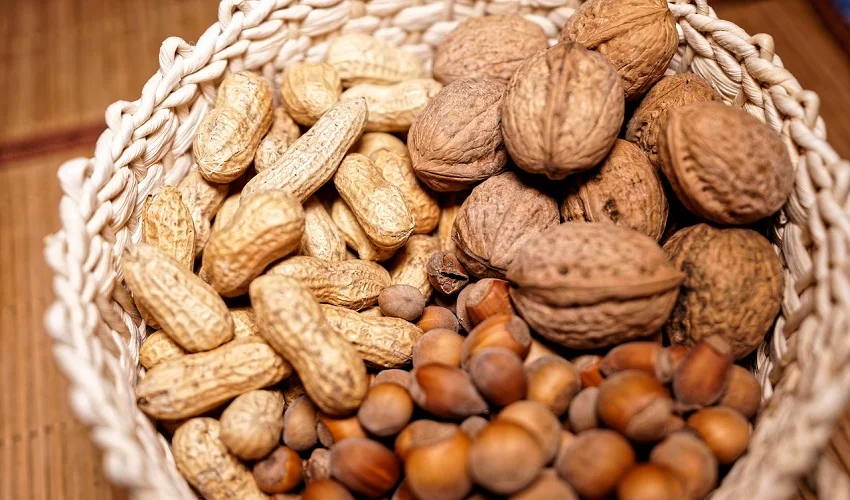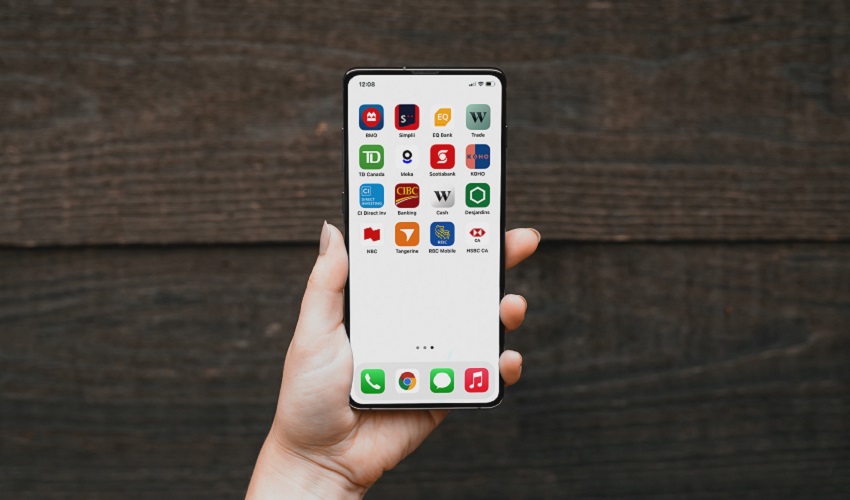Living with type 2 diabetes requires making conscious lifestyle choices to manage blood sugar levels effectively. While meal planning and regular exercise are crucial components of diabetes management, snacking plays a significant role as well. Smart snacking can help prevent blood sugar spikes, manage hunger, and provide essential nutrients. In this article, we will explore a variety of smart snacking options for individuals with type 2 diabetes and provide helpful strategies for incorporating these snacks into a balanced lifestyle.
The Importance of Smart Snacking
Snacking can be a double-edged sword for individuals with type 2 diabetes. On one hand, it can help regulate blood sugar levels, prevent overeating during meals, and provide sustained energy throughout the day. On the other hand, poor snacking choices can lead to blood sugar spikes, weight gain, and an increased risk of complications.
To ensure smart snacking and assess your risk for diabetes, consider using the Diabetes Risk Calculator and follow these important guidelines:
Choose Low Glycemic Index (GI) Foods
The glycemic index is a measure of how quickly a food raises blood sugar levels. Snacks with a low GI value (55 or less) are digested and absorbed more slowly, leading to a slower and more gradual rise in blood sugar levels.
Incorporate Protein and Fiber
Combining protein and fiber-rich foods in your snacks helps slow down digestion and prevents blood sugar spikes. It also promotes a feeling of fullness, aiding in portion control.
Portion Control
Even healthy snacks should be consumed in moderation. Tools like a Weight Loss Calculator can help monitor portion sizes and maintain a balanced diet, avoiding mindless eating.
Monitor Carbohydrate Intake
Carbohydrates have the most significant impact on blood sugar levels. It’s important to monitor and balance carbohydrate intake while snacking. For instance, understanding the poha nutritional value per 100g can help in making informed choices about portion sizes and their impact on blood sugar levels.
Smart Snacking Options
Nuts and Seeds
Almonds, walnuts, chia seeds, and flaxseeds are excellent choices for smart snacking. They are rich in healthy fats, fiber, and protein, which contribute to a feeling of fullness and help regulate blood sugar levels.
Greek Yogurt
Greek yogurt is a protein-packed snack that also provides calcium and probiotics. Choose plain or unsweetened varieties and add fresh berries or a sprinkle of cinnamon for extra flavor.
Fresh Fruits
Whole fruits are packed with fiber, vitamins, and minerals. Opt for low-GI fruits such as berries, apples, and pears. Pair them with a small portion of nuts or a tablespoon of almond butter for a balanced snack.
Vegetable Sticks with Hummus
Raw vegetable sticks like carrot, cucumber, and bell pepper are low in calories and high in fiber. Dip them in a portion-controlled amount of hummus for a satisfying and nutritious snack.
Hard-Boiled Eggs
Eggs are a great source of protein and healthy fats. Hard-boiled eggs are convenient and can be prepared in advance for an easy grab-and-go snack.
Edamame
Edamame, or young soybeans, are a protein-rich snack that also provides fiber and antioxidants. Steam or boil them lightly and sprinkle with a touch of sea salt for a tasty treat.
Air-Popped Popcorn
Popcorn can be a healthy snack option when prepared without excess butter or salt. Air-popped popcorn is low in calories and high in fiber, making it a satisfying snack choice.
Incorporating Smart Snacking into Your Lifestyle
To make smart snacking a sustainable part of your lifestyle, here are a few additional strategies:
Plan Ahead
Prepare your snacks in advance to avoid reaching for unhealthy options when hunger strikes. Portion them into snack-sized containers or bags for easy access.
Keep Healthy Snacks Handy
Stock your pantry and refrigerator with diabetes-friendly snacks, so you always have a smart option within reach. This helps prevent impulsive snacking on less nutritious choices.
Read Food Labels
Pay attention to the nutritional content and ingredients of packaged snacks. Look for low-sugar, low-sodium, and whole food-based options.
Experiment with Recipes
Get creative with your snacking by trying out new recipes. For example, make your own energy balls using ingredients like oats, nut butter, and unsweetened cocoa powder.
Smart snacking is an essential component of managing type 2 diabetes. By choosing snacks with a low glycemic index, incorporating protein and fiber, practicing portion control, and monitoring carbohydrate intake, individuals with diabetes can maintain stable blood sugar levels and support their overall well-being. Remember to consult with a healthcare professional or registered dietitian for personalized guidance on snacking and managing diabetes. By making informed choices, you can enjoy delicious and nutritious snacks that contribute to a healthier lifestyle.




